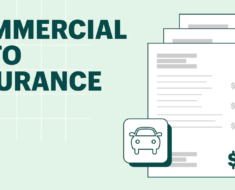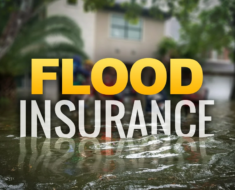Just as real estate titles are subject to record errors, preexisting liens and other encumbrances, vessel and boat titles may have hidden problems which can pose a liability to new vessel owners. The best way for buyers of watercraft vessels, yachts and boats to protect themselves from these liabilities is to purchase title insurance. Agencies which provide this kind of insurance perform thorough investigations of title histories to ensure the vessel title is in “good opinion”. Vessel title insurance also ensures vessel owners financial protection in the event of a lawsuit or other financial losses due to complications with the title.
Why Do Watercraft Vessels Need Title Insurance?
There several types of problems which can occur on boat titles. Buyers of vessels are usually unaware that any of these problems exist – until they are slapped with an ownership lawsuit or fees associated with prior liens. Insurance agencies hire underwriters and title attorneys to investigate the title’s chain of ownership to uncover these problems – and resolve them – before the sale occurs.
Common problems associated with yacht and vessel titles include:
Fraud. Forged or fraudulent documents can occur at any point in ownership history. Vessel brokers or previous owners sometimes attempt to sell vessels under false titles, defrauding both the vessel mortgage lender and the new owner. In some rare cases, the mortgages in the vessel’s ownership history may be revealed as fraudulent. Additionally, watercrafts may be registered with both the US Coast Guard and the State, allowing vessels to carry more than one “valid” title. Multiple titles can precipitate multiple mortgages for which the vessel owner can be held responsible.
Ownership disputes. Even though a vessel owner carries a valid Certificate of Documentation and Federal boat registration, he or she may still be subject to ownership disputes. These documents do not have the ultimate authority to determine ownership; only the yacht or vessel’s underlying contract can determine ownership. If the vessel title’s underlying contract is drafted on fraudulent documents, the buyer’s ownership could be rendered void.
Preexisting mortgages or liens. The new owner of a watercraft is held responsible for any unpaid taxes, unresolved mortgages and unpaid contract work associated with a vessel’s title, even if he or she was not privy to them at the time of purchase.
Watercraft buyers may ask for a title opinion before finalizing the sale. While a good opinion provides some assurance against disputes, vessel title opinions and abstracts may not always be reliable. Erroneous records, improper documentation, fraud and human error can lead underwriters to draft faulty title opinions. The only way for the buyer of a yacht or boat to protect him or herself against these complications is to purchase vessel title insurance.
How Does Boat Title Insurance Protect Me?
In addition to performing a thorough investigation of the vessel’s ownership history before the sale is complete, title insurance companies provide financial compensation in the event of a lawsuit. Vessel title insurance typically covers the cost of legal defense against attacks on the vessel’s title; additionally, insurance will provide compensation for any financial or asset losses caused by a faulty title.





